Keywords: Religious Freedom
-
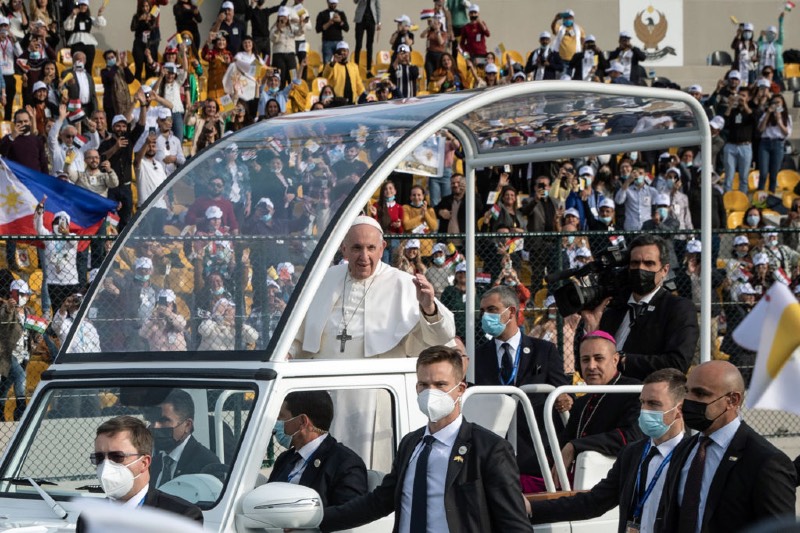
RELIGION
- Andrew Hamilton
- 18 March 2021
50 Comments
Before travelling to Iraq Pope Francis was criticised. The criticism bears reflection. It leads us to ask what weight we place on courage, a quality much discussed in antiquity.
READ MORE 
-

EDUCATION
- Chris Middleton
- 02 March 2021
28 Comments
We need to encourage parents to have these conversations with their children, and earlier, around Years 8 and 9, rather than later. And I suspect we need to encourage boys to talk more with sisters, girlfriends, friends who are girls and good mates about consent.
READ MORE 
-

RELIGION
- Andrew Hamilton
- 04 February 2021
68 Comments
The exchanges within churches echo trends in national life that heighten disagreements, lessen respect, and tend to confine conversation circles to people of similar views. People become annoyed if those opposing their views gatecrash their forums. This trend creates problems for Church sponsored publications.
READ MORE 
-
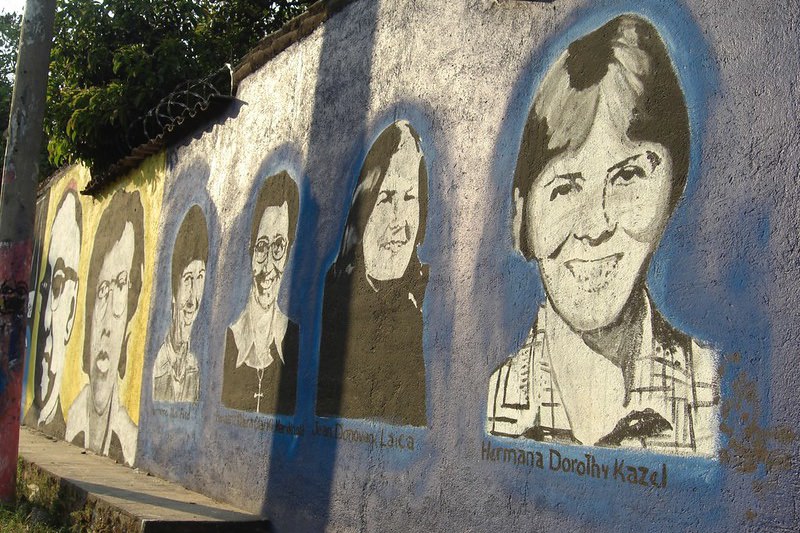
INTERNATIONAL
- Andrew Hamilton
- 03 December 2020
17 Comments
This week is the fortieth anniversary of the death of Ita Ford and Maura Clarke in El Salvador. An event distant in place and time, but worth remembering and honouring in its distance. And also worth reflecting on for its significance for our own time.
READ MORE 
-
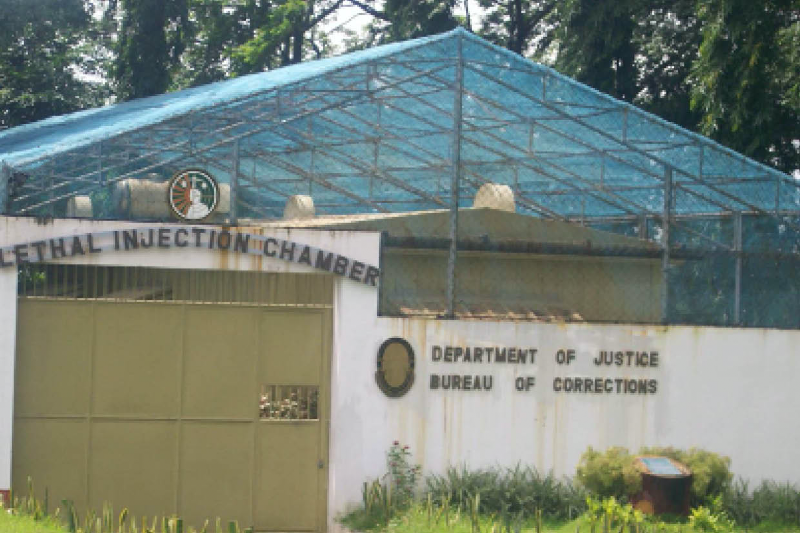
RELIGION
- Ross Jones
- 01 December 2020
6 Comments
Approaching the walled and caged building where the sentence was carried out, our young fellows have always been struck by something of a paradox proclaimed in two signs at the door: ‘Bureau of Corrections’ alongside ‘Lethal Injection Chamber’. They were quick to seize upon it. ‘How can you correct and rehabilitate a person after you have killed him?’ they would ask.
READ MORE 
-
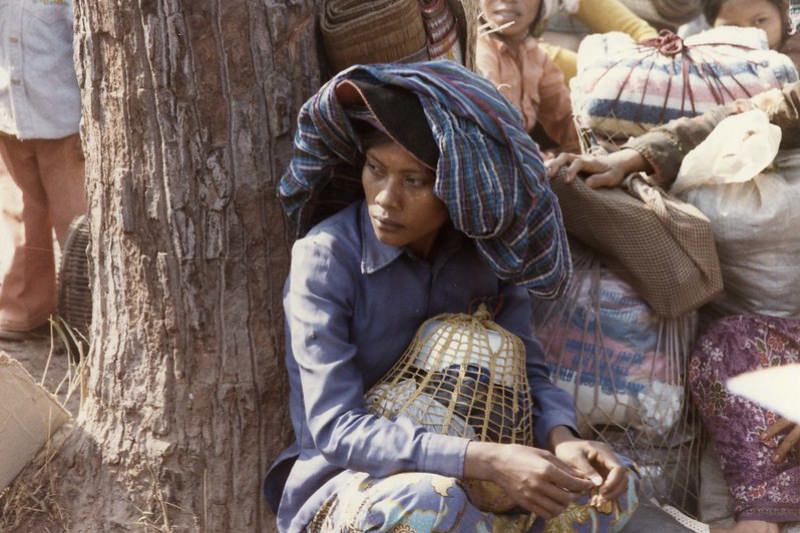
INTERNATIONAL
- Andrew Hamilton
- 26 November 2020
7 Comments
Stories of volunteers who went to help in foreign crises used to focus on the impact on the people helped. Today they explore how both parties are changed through the experience. That was also true in Jesuit Refugee Service (JRS) whose 40th anniversary occurred last week.
READ MORE 
-
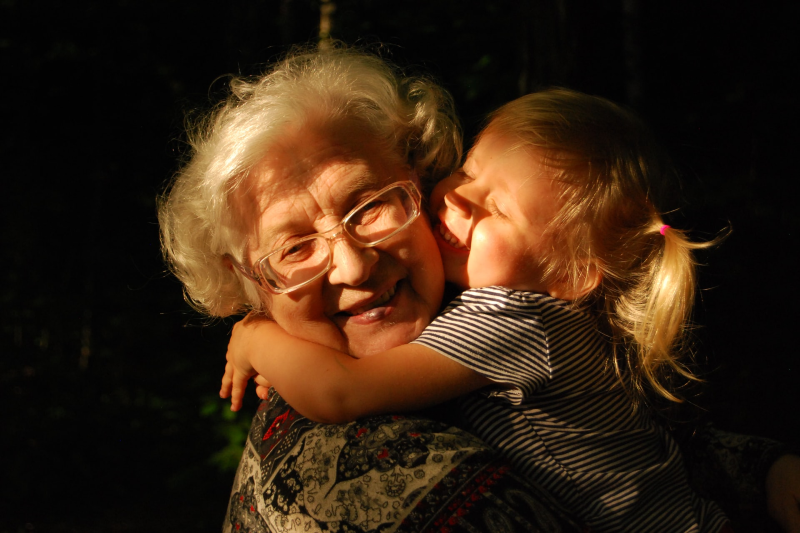
AUSTRALIA
- Andrew Hamilton
- 01 October 2020
7 Comments
The response to COVID has invited reflection about the relative value of one human death (and so of one human life) as compared with another. This is a radical question because it makes us ask whether the value of a human life is defined by economic wellbeing and by potential contribution to the economy, or by deeper qualities.
READ MORE 
-
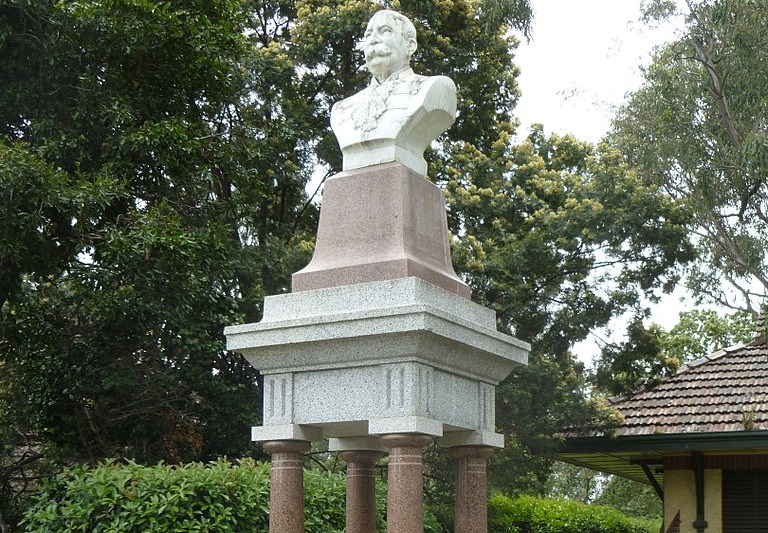
ARTS AND CULTURE
- Andrew Hamilton
- 16 July 2020
6 Comments
These statues form part of the rich texture of our daily lives, personal histories and cultural environment. They invite tolerant smiles rather than scowls. This article celebrates a selection of friendly Melbourne statues that have reflected places where they and I have stood. It invites you to make your own selection.
READ MORE 
-
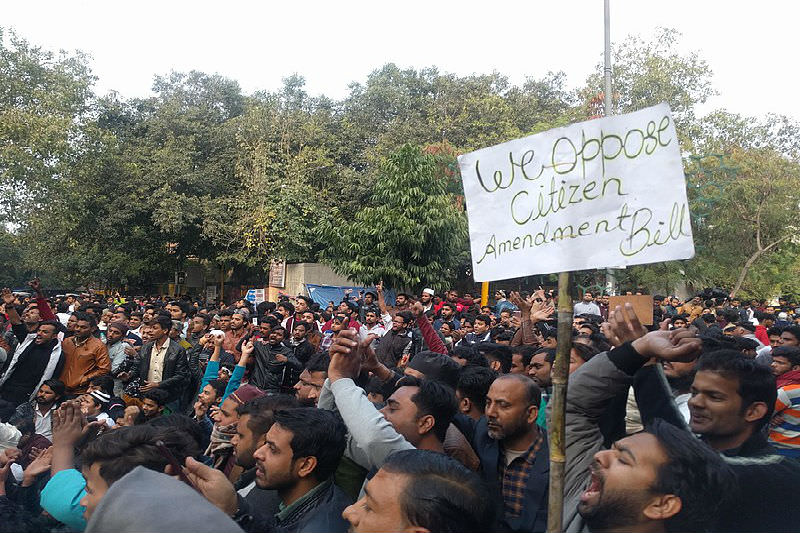
INTERNATIONAL
- Irfan Yusuf
- 05 March 2020
8 Comments
The divisive and foreign Hindutva ideology goes against the culture and spirit of Delhi. Recently Modi’s party were trounced in local elections. Almost always the violence and hatred is caused by outsiders and resisted by the Dilli-walas.
READ MORE 
-
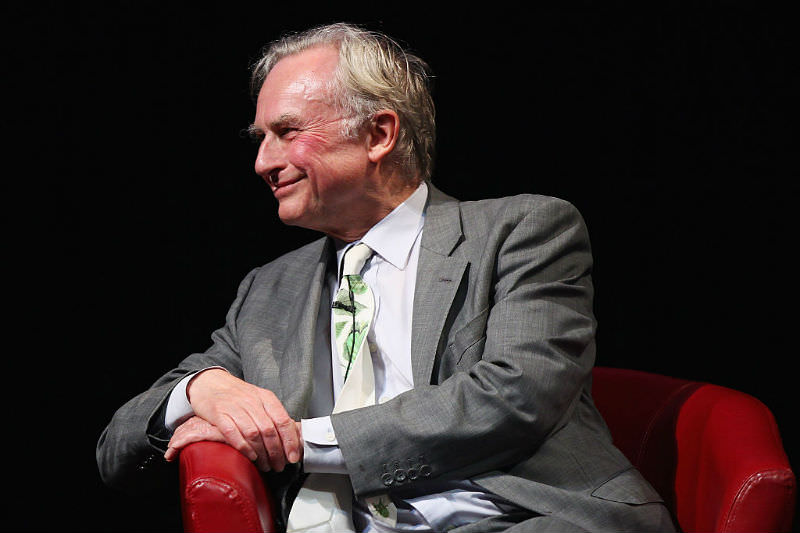
RELIGION
- Tim Robertson
- 27 February 2020
16 Comments
Contrary to their claims, the New Atheists do have a creation myth. It goes something like this: emerging from darkness into the light, Enlightenment thinkers cast off the shackles of religion and, in so doing, ushered in an age of reason. For the likes of Richard Dawkins, a founding member of the movement, this is an article of faith, and he’s spent recent years casting himself not just as an heir of this tradition, but also as its modern day guardian.
READ MORE 
-
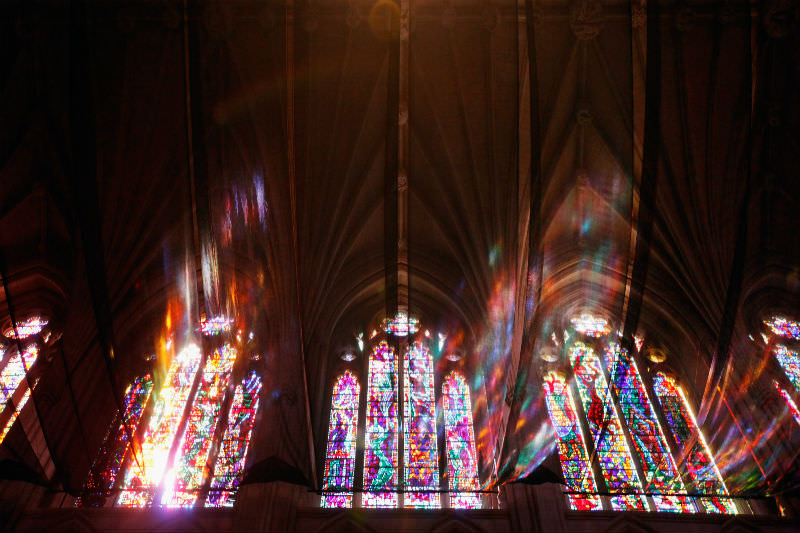
RELIGION
- Neve Mahoney
- 13 February 2020
14 Comments
I don’t need someone to tell me at work that because I’m queer I’m going to hell. Years of church and Catholic schooling and marriage equality debate have already made the coded language very clear when I’m not welcome.
READ MORE 
-

RELIGION
- Andrew Hamilton
- 12 November 2019
22 Comments
Might the experience of humiliation open the possibility of turning out to others instead of in on oneself? Might it seed compassion for others in their humiliation, and lead in turn to a society more sensitive to the wounds that humiliation causes both to the humiliated and the bystanders?
READ MORE 